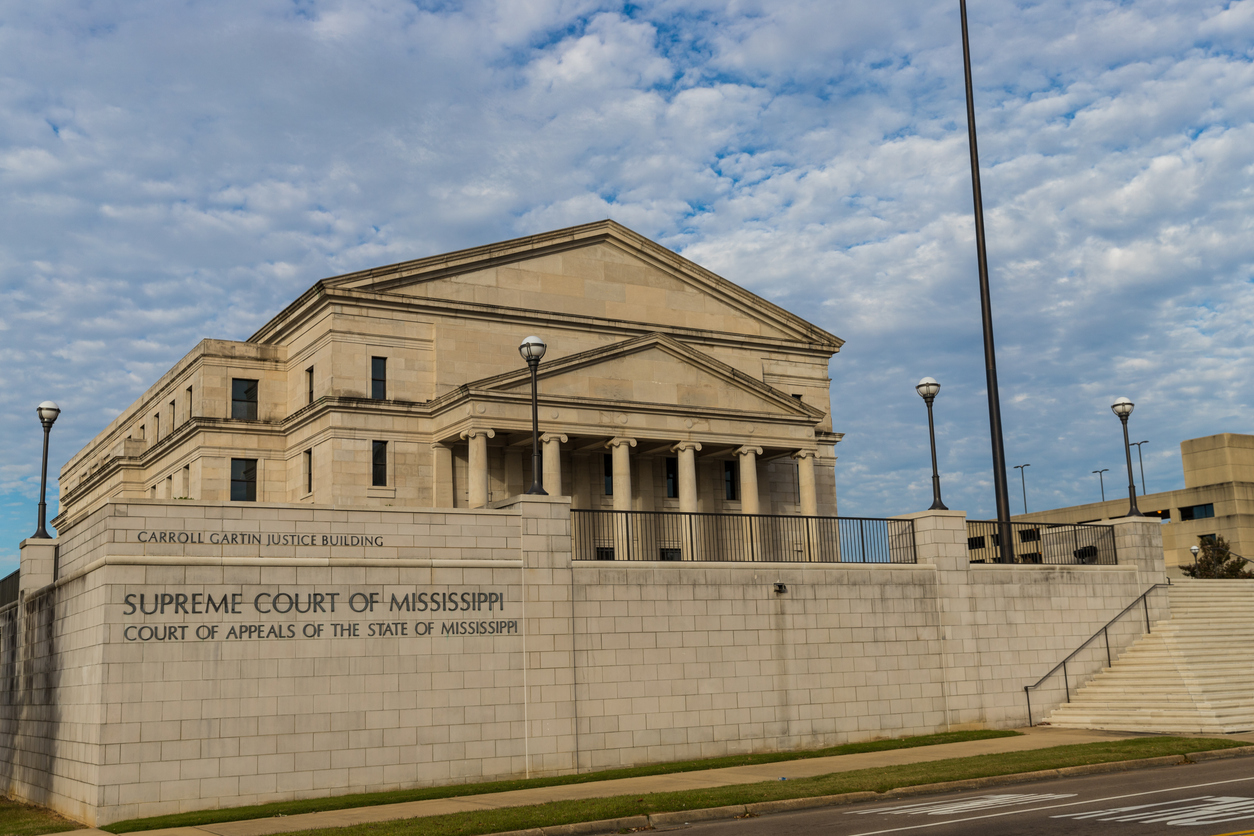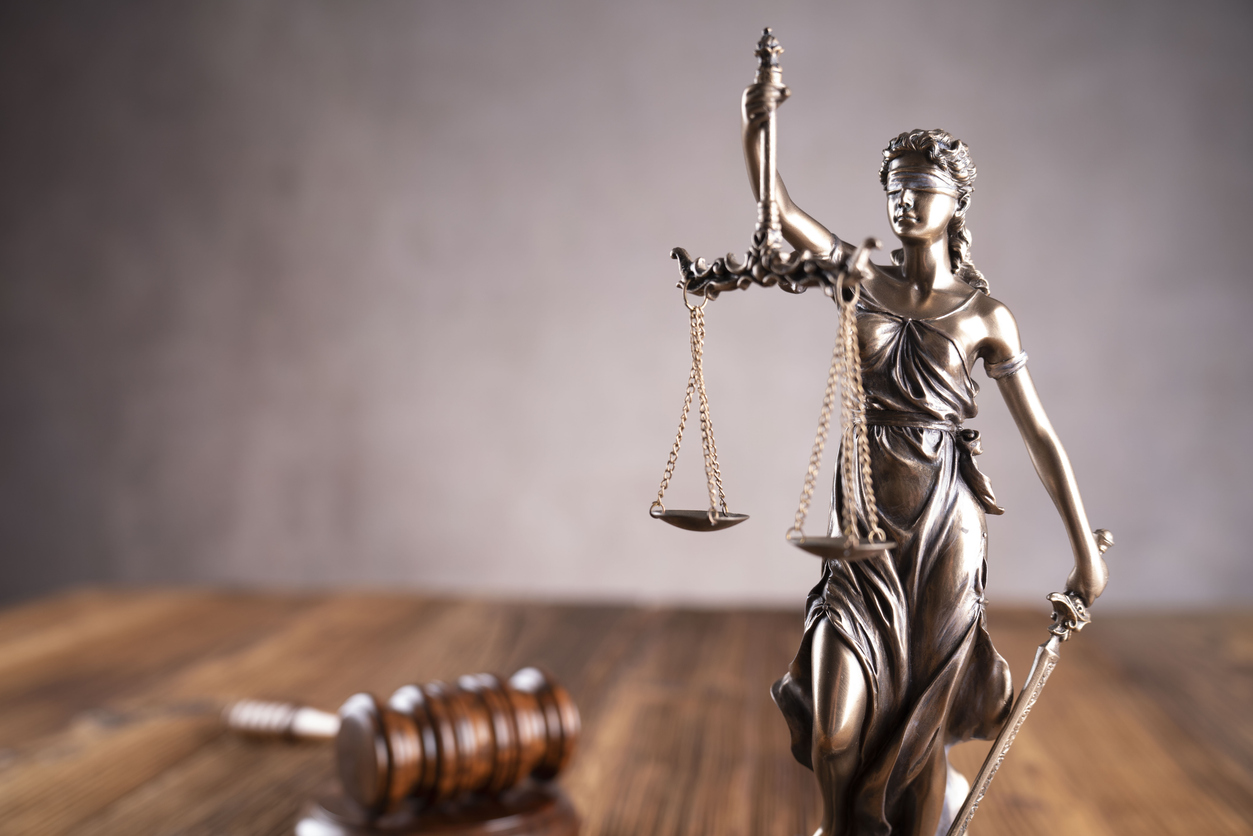The Mississippi Supreme Court has affirmed a $10 million punitive damages award against USAA for its bad faith handling of a Hurricane Katrina claim, sending a clear message about insurers’ obligations to their policyholders.1 The case provides important lessons about proper claims handling and the consequences of failing to conduct thorough investigations.
The Claim History
The dispute began when Hurricane Katrina destroyed Paul and Sylvia Minor’s home in 2005. While USAA’s policy covered wind damage but excluded storm surge, the insurer’s handling of the claim revealed troubling patterns of delay and denial. Most notably, USAA had conducted two prior underwriting inspections of the property in 1994 and 2001, which included detailed documentation of the home and its contents. Yet when adjusting the claim, USAA repeatedly requested information it already possessed in its underwriting files.
Evidence of Bad Faith
The court highlighted several aspects of USAA’s conduct that were concerning. A March 2006 engineering report indicated widespread wind damage to window systems throughout the home. However, USAA’s adjuster marked related communications as “confidential,” and the company later contradicted its own engineer’s findings in communications with the policyholder. Despite having an engineer’s report showing extensive wind damage, USAA failed to make a timely offer for structural damage and delayed contents payments for nearly four years.
Lessons for Insurers
This case demonstrates that insurers must utilize all available information when adjusting claims, including their own underwriting files. The court’s decision emphasizes that insurance companies cannot ignore or contradict their own expert findings without risking bad faith liability. When an insurer has information indicating covered damage, it must act promptly to investigate and pay legitimate claims.
The Duty of Good Faith
The Mississippi Supreme Court’s ruling reinforces that insurers must perform “prompt and adequate investigation and make reasonable, good faith decisions based on that investigation.”
While punitive damages remain an extraordinary remedy, this case shows courts will not hesitate to impose them when insurers demonstrate reckless disregard for policyholder rights.
The message is clear: Insurance companies operating in Mississippi must honor their duty of good faith by thoroughly investigating claims, promptly paying covered losses, and maintaining consistency between their internal findings and communications with policyholders. Failure to do so may result in significant punitive damages awards designed to deter such conduct in the future.
This case represents the exclamation point for the end of Hurricane Katrina litigation. Paul Minor and his very able team are to be congratulated for never giving up. This litigation effectively ends Mississippi litigation, which I was also very involved in for a number of years.
A little more than two years ago, in USAA Slammed For $10 Million Bad Faith Award, I wrote:
USAA lost a jury bad faith trial in Mississippi with a $10 million verdict against it. The plaintiff policyholders are Paul Minor and his deceased wife. Paul Minor was a premier Mississippi trial lawyer and member of the Inner Circle of Advocates. For several weeks we discussed his upcoming bad faith trial against USAA, which arose out of Hurricane Katrina. Hurricane Katrina struck in 2005. This must be the last Hurricane Katrina case.
…
When I read this decision, I wondered how many other USAA policyholders were subject to that type of claims culture and mindset. Insurance claims leaders should be looking to fully and promptly pay policyholders for their losses. They should not be unhappy to do so.
So, the case went back to trial and now results in a very public and embarrassing bad faith verdict against USAA for actions that happened long ago….
Paul and his attorney seemed pleased when I spoke with them last night. After the call, I thought, ‘now comes the post-trial motions by USAA, and will it appeal this verdict?’
Unless there is a last-ditch attempt with an appeal to the United States Supreme Court, those post-trial motions and appeals are done. I believe this is the end of Hurricane Katrina litigation. I am certain my friend Paul Minor will have a glass of some very good and expensive burgundy wine as he contemplates everything that has happened in his life since Hurricane Katrina struck his home, which then led to this long-fought litigation with one of America’s largest insurance companies.
Thought For The Day
“Everybody wants to be famous, but nobody wants to do the work. I live by that. You grind hard so you can play hard. At the end of the day, you put all the work in, and eventually it’ll pay off. It could be in a year, it could be in 30 years. Eventually, your hard work will pay off”
—Kevin Hart
1 United Servs. Auto. Ass’n v. Estate of Sylvia F. Minor, No. 2023-CA-00049 (Miss. Dec. 5, 2024).




